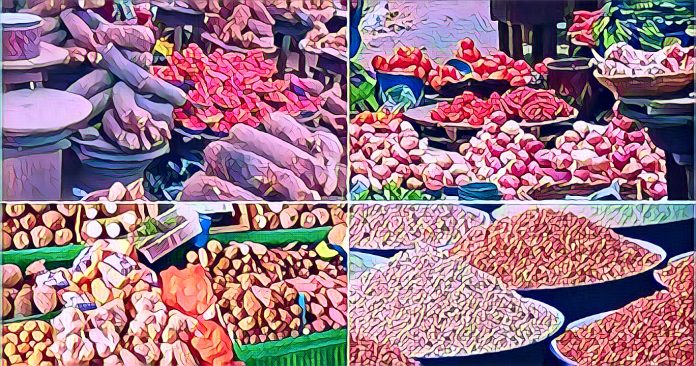As Nigeria grapples with an alarming inflation rate, now at 31.70% in February 2024, spurred chiefly by skyrocketing food prices, experts are raising concerns over the populace’s clamor for the establishment of a price control board. The National Bureau of Statistics (NBS) disclosed a startling 37.92% year-on-year increase in food inflation, spotlighting the pressing crisis confronting the nation. Amidst this backdrop, the idea of instituting a price control mechanism has surfaced, driven by the populace’s desperation to curtail the relentless rise in costs. However, professionals in the field argue that such measures could inadvertently exacerbate the situation, leading to hoarding and further market distortions.
The discourse on price control isn’t new to Nigeria’s economic landscape. Historically, such initiatives have been deployed as emergency responses to economic crises, with varying degrees of success. Today, the suggestion to resurrect a price control board emerges as a knee-jerk reaction to the dire hardship inflicted by inflated food prices. Nonetheless, the consensus among economists and social analysts is that the solution lies not in price control but in enhancing the nation’s production capacity and market dynamics.
Critics of the price control proposition underscore the potential pitfalls, including the emergence of black markets and the undermining of the formal economy. They advocate for alternative strategies focused on bolstering supply chains, incentivizing agricultural production, and implementing targeted subsidies to shield the most vulnerable from the harsh effects of inflation. The emphasis is on striking a balance between consumer protection and maintaining a free market that encourages competition and innovation.
The current inflationary trend is attributed to a confluence of factors, including disruptions in the global supply chain, domestic production shortfalls, and currency depreciation. These challenges call for a multifaceted approach that addresses the root causes of inflation while safeguarding consumer welfare. Experts suggest a blend of monetary, fiscal, and structural interventions to stabilize the economy. These include tightening monetary policy to curb excess liquidity, fiscal prudence to manage government spending, and targeted subsidies that ensure affordability without distorting market dynamics.
Moreover, the role of regulatory bodies like the Federal Competition and Consumer Protection Commission (FCCPC) is highlighted as crucial in protecting consumers from exploitative practices. The FCCPC’s mandate encompasses monitoring market dynamics to prevent anti-competitive behavior and ensure fair pricing. Expanding its capacity and enhancing its enforcement mechanisms could serve as a more effective response to the current crisis than resurrecting archaic price control entities.
The discussion extends beyond immediate measures to long-term strategies aimed at fortifying Nigeria’s economic resilience. This includes investing in agricultural technology, improving logistics and infrastructure, and fostering a competitive business environment that encourages investment and growth. Such strategic initiatives could mitigate the impact of external shocks and build a more sustainable and self-sufficient economy.
As Nigeria navigates through these turbulent economic waters, the consensus is clear: while the temptation to impose price controls as a quick fix is understandable, the focus must be on sustainable solutions that address the underlying economic fundamentals. Emphasizing production over-regulation, enhancing market efficiency, and protecting consumer rights through effective oversight and competition policy are deemed the pathways to stabilizing prices and securing economic prosperity for all Nigerians.
In conclusion, the escalating food prices in Nigeria present a complex challenge that demands a nuanced and comprehensive response. While the immediate hardship faced by Nigerians cannot be overstated, the solution lies not in simplistic measures such as price controls but in a concerted effort to address the structural deficiencies within the economy. By focusing on enhancing productivity, ensuring market competitiveness, and implementing targeted interventions, Nigeria can navigate its way out of this inflationary spiral and lay the foundation for a more robust and resilient economic future.



